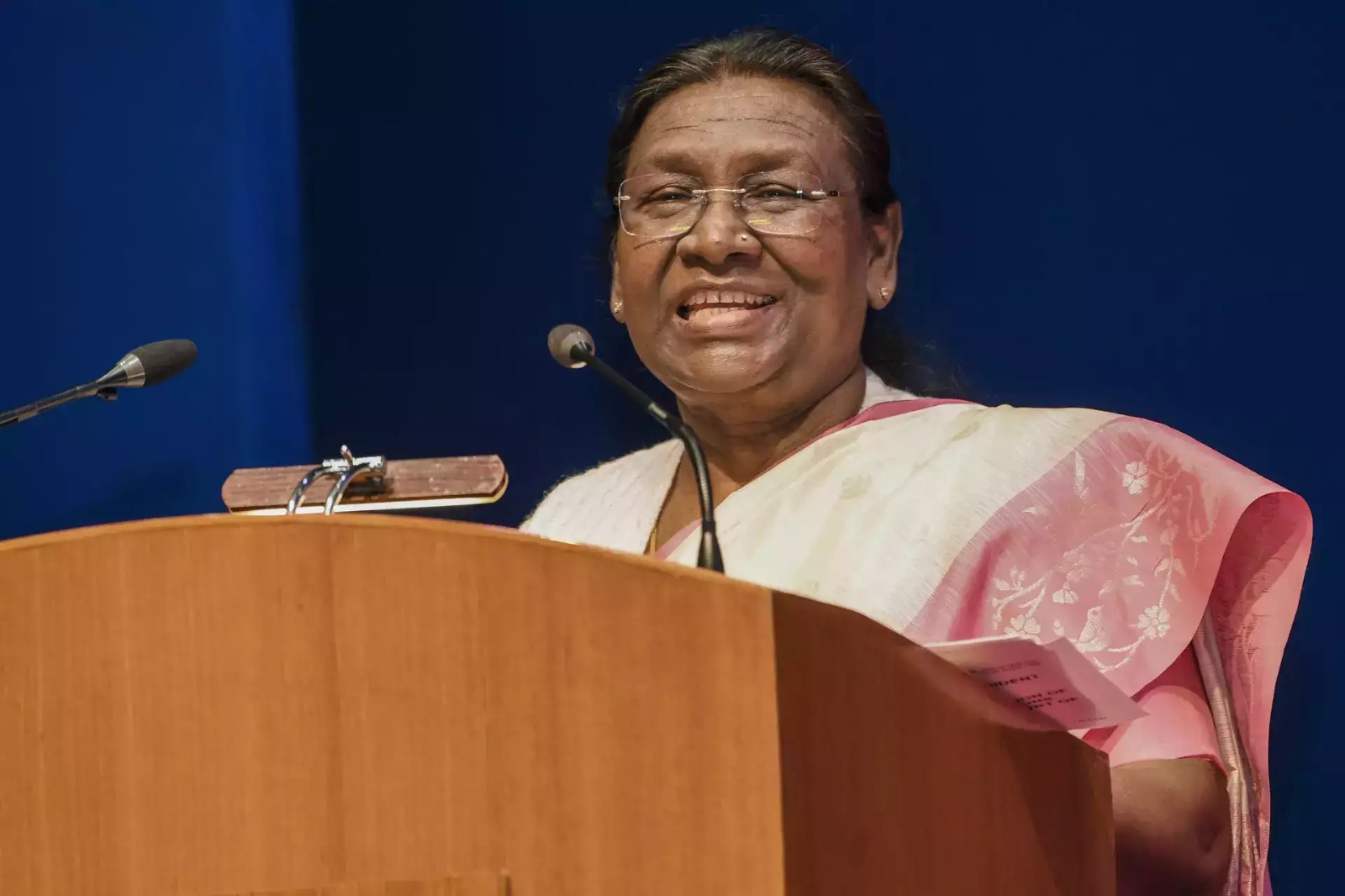India–US Trade Tensions Rise Over Steel and Auto Tariffs NMDC Limited reports a 38% drop in Q4 FY24 consolidated net profit RINL to Raise $23 Million Through Land Sales Amid Crisis

In a joint session address to the Lok Sabha and Rajya Sabha, President Droupadi Murmu announced a remarkable achievement in India's renewable energy sector, with the country's capacity reaching 188 gigawatts, up significantly from 81 gigawatts a decade ago. Highlighting the rapid growth, Murmu emphasised a 26-fold increase in solar power capacity and a doubling of wind power capacity over the last ten years. Currently, India holds the fourth position globally in renewable and wind power capacity, and the fifth in solar power capacity.
President Murmu outlined an ambitious target for India, aiming to derive 50% of its installed electric power capacity from non-fossil fuels by 2030. The commitment to this goal was underscored by the announcement of the construction of 11 new solar parks and the ongoing development of 9 additional parks, reflecting a substantial expansion in solar energy infrastructure.
Beyond solar energy, President Murmu discussed the launch of a solar rooftop installation scheme to support one crore families, contributing not only to reduced household electricity bills but also supplying surplus electricity to the market.
The presidential address also touched upon advancements in other energy sectors, including the approval of 10 new nuclear power plants and the initiation of two hydrogen energy projects in Ladakh and Daman-Diu. In ethanol, India has achieved a 12 percent blending rate, steadily progressing toward its 20 percent target.
The upcoming Union Budget 2024-25, to be presented by Finance Minister Nirmala Sitharaman on February 1, is highly anticipated. The budget marks the final annual financial statement of the BJP-led PM Narendra Modi government's second term. Last week's traditional pre-budget 'halwa' ceremony initiated a 'lock-in' period for officials involved in budget preparation, ensuring confidentiality until the document's presentation in the Lok Sabha.
Also Read : India’s Steel Sector to See Surge in Coking Coal Imports: Official Govt eases trader registration rules to enhance mining